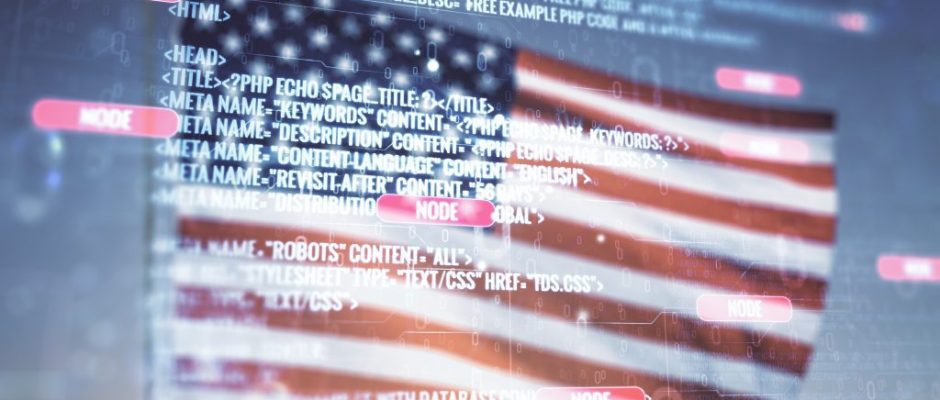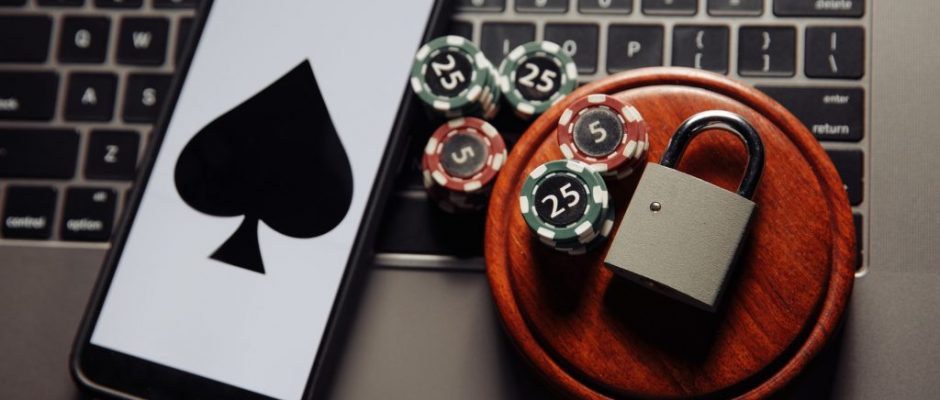China’s Telecom Hack ‘Most Serious’ in US History
US Senator Mark Warner has called the Salt Typhoon hack, conducted by a group that has been linked to Chinese intelligence, “the most serious telecoms hack in our history.” In a recent interview with the NY Times, Warner also said that hackers were able to listen in on telephone calls and access text messages, emphasizing that “every major provider has been broken into.”
This follows hard on the FBI releasing a joint statement with the US Cybersecurity and Infrastructure Security Agency (CISA), in which they announced that “China-affiliated actors have compromised networks at multiple telecommunications companies.”



